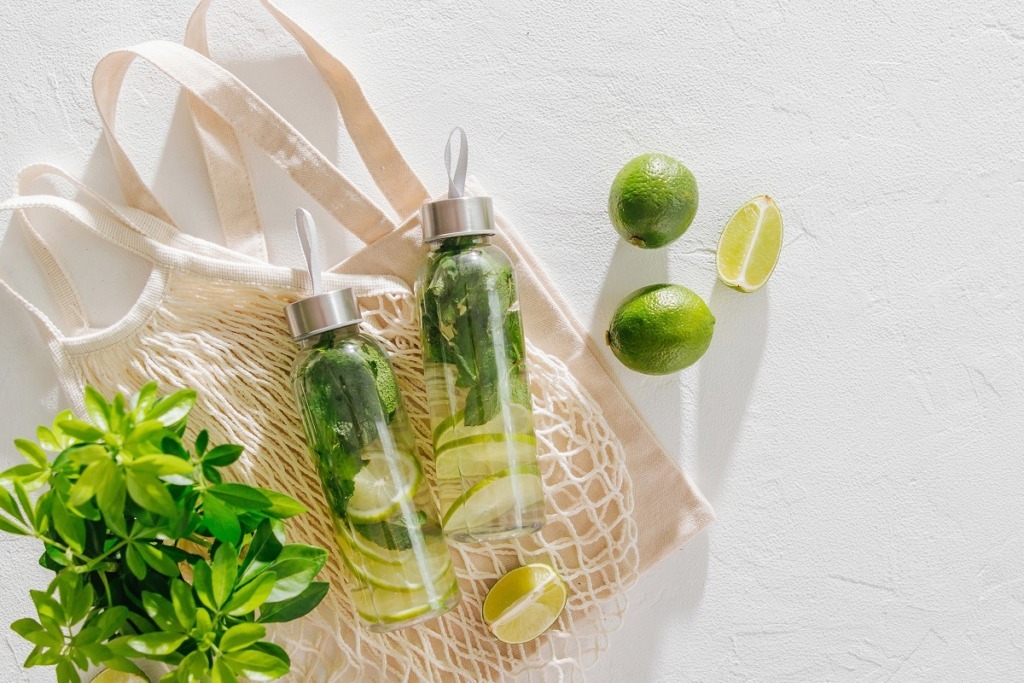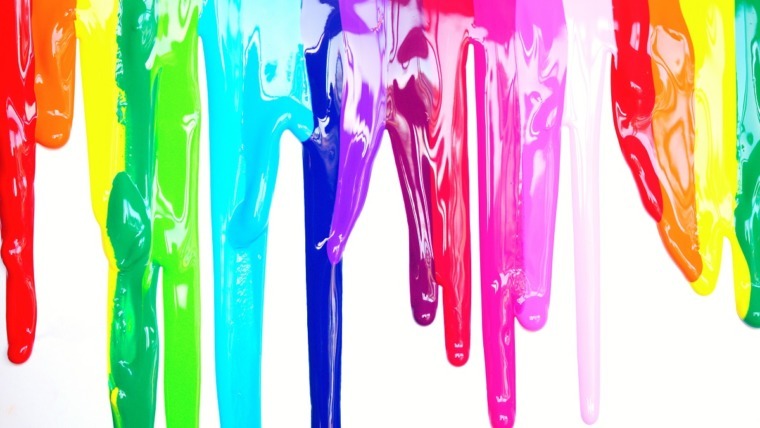
Written by Aida Rejzovic
If like most of us your New Years resolution resembles something along the lines of ‘improving health’, making adjustments to your lifestyle that involve eco-friendly alternatives are the next step. While we all want to look great in a swimsuit, health is just as much about feeling fabulous on the inside. Energy, vitality, all those buzz words that make us think, ‘yes, I want that. Living a healthy lifestyle includes what you eat, drink, apply to your skin, what you use and reuse or simply throw away. Use these top 5 healthy and eco-friendly summer essentials as your starter kit for a healthier lifestyle.
1. Organic Iced Tea
On hot days a cool, refreshing iced tea might seem like a healthy alternative to soft drinks, however, most bottled iced tea contains almost as much sugar as fizzy drinks. Iced tea brands in supermarkets and milk bars usually contain a whopping 20g of sugar per serve, which is equivalent to 5 teaspoons of sugar, just slightly under what you would expect to see in a can of soft drink. The good news is that you can still enjoy iced tea in summer by opting for organic iced tea instead. If you like to get creative in the kitchen you can make your own blend using green or black tea and experimenting with different flavour combinations. Or simply choose an organic tea brand with pre-blended iced tea formulations. Some favourite flavour combinations include lavender and rose, lemon-lime and bitters and rose and elderberry. Yum! Perfect for enjoying a glass in your own backyard, or decanting into a glass bottle or tea infuser to take with you on the run. If you’re someone who struggles to drink enough water, dilute your tea and drink throughout the day for hydration with a bit of flavour.
2. Reusable Water Bottle
There are so many benefits to a reusable water bottle. Firstly, reducing plastic bottle consumption has had a positive effect on the environment and health of our planet for years to come. Did you know that a plastic water bottle takes on average 450 years to biodegrade? Along with preserving the planet, a reusable water bottle is better for your health. There are many chemicals contained in plastic that are leached into the water and ultimately absorbed into the body, contributing to health conditions and illness.
Most commonly found in plastic water bottles are phthalates, a chemical group used to soften hard plastics. Phthalates are well-recognised endocrine and cognitive development disrupters, contributing to DNA alterations and increased cancer risk. Such is our exposure to this chemical group, that 99% of people tested in a clinical study showed a positive result to phthalate metabolites in the urine. (1)
Bisphenol-A (BPA) is probably the most well-known chemical contained in plastics linked to many health conditions, and although now most plastic bottles are BPA free, its replacement, bisphenol-s (BPS) is just as harmful. So, while a label may read ‘BPA free’, if it is made out of plastic it still contains chemicals that will leach into the water you are drinking.
3. Reusable Cutlery And Straws
Summer means long days, and warm nights, perfect for picnics at the beach and BBQ get-togethers. For these events, if you use disposable cutlery unfortunately you are contributing to plastic in our oceans and landfill. If you don’t mind being a little more organised, reusable cutlery and straws will help to protect our planet and marine life from plastic waste. If you forget or just don’t like the hassle of taking cutlery home with you, opt for bamboo or wooden cutlery and straws which are biodegradable. If you are purchasing take-away or eating out, you can request no plastic straws or plastic cutlery. As consumers, we can reduce our environmental impact by making simple choices daily. Some states in Australia have even banned the use of single-use plastic straws altogether, as the environmental burden is becoming too extreme to ignore.
4. Natural And Organic Fake Tan
Most fake tans are a chemical cocktail in a bottle. Not only do they often smell pretty funky, these chemicals, similar to those found in plastics, are known endocrine disruptors, meaning they interfere with the natural balance of hormones. The chemical in fake tan that is responsible for changing skin colour is dihydroxyacetone (DHA) and there is some research to suggest the synthetic form may play a role in causing genetic mutations and DNA damage.
Natural and organic fake tanners use DHA which has been made naturally from either fermented glycerine, sugar beets or sugar cane. Natural DHA contained in organic self-tan brands is tested for carcinogenic and mutagenic effects and therefore is classed as safe for use on the skin. Another benefit of using natural self-tan is that it does not contain extra synthetic chemicals and fragrances, instead of containing plant extract antioxidants to moisturise and protect the skin, giving you a healthy glow minus the sun damage.
5. Natural And Reef Friendly Sunscreen
If you have sensitive skin, you may find that commercial brand sunscreens cause skin irritation and may leave a rash. While not everyone reacts in this way to the chemicals contained in most sunscreens, we all absorb these chemicals through our skin, which is semi-permeable after all. Natural and organic sunscreens use zinc oxide as the primary ingredient to protect the skin against harmful UV rays. Some vegan natural-based sunscreens also contain extra anti-oxidants such as rosehip and raspberry seed oil which further protect the skin from sun damage, as well as providing moisture and hydration from the drying effects of the sun.
If you are not already convinced to make the switch to toxin-free sunscreen, how about considering the health of our ocean life? Reef-friendly sunscreen is important for the conservation of our coral reef, as scientists have found that chemicals contained in sunscreen such as oxybenzone can degrade coral, causing nutrient and colour loss and affecting sea life that depends on the reef as a food source.
References
- https://www.ncbi.nlm.nih.gov/pmc/articles/PMC1241863/pdf/ehp0112-000331.pdf
Top 5 Essentials For An Eco-Friendly Summer Top 5 Essentials For An Eco-Friendly Summer Top 5 Essentials For An Eco-Friendly Summer Top 5 Essentials For An Eco-Friendly Summer



